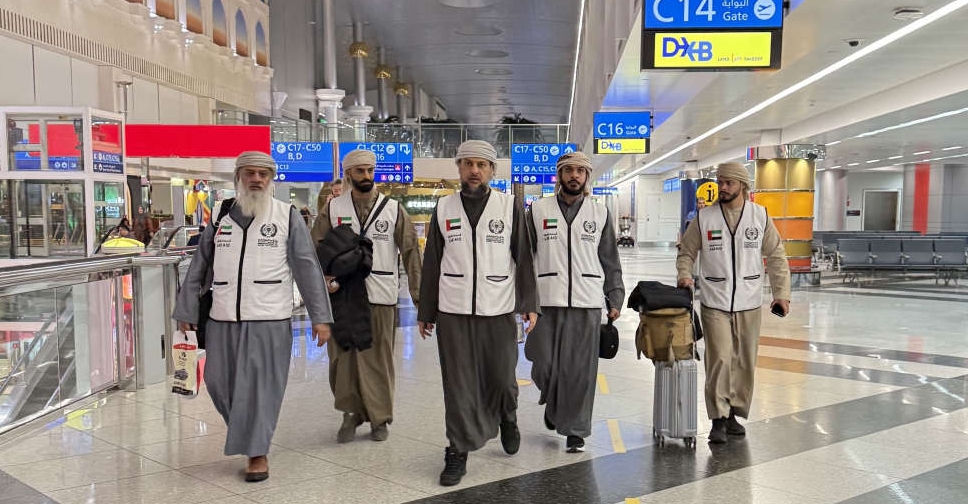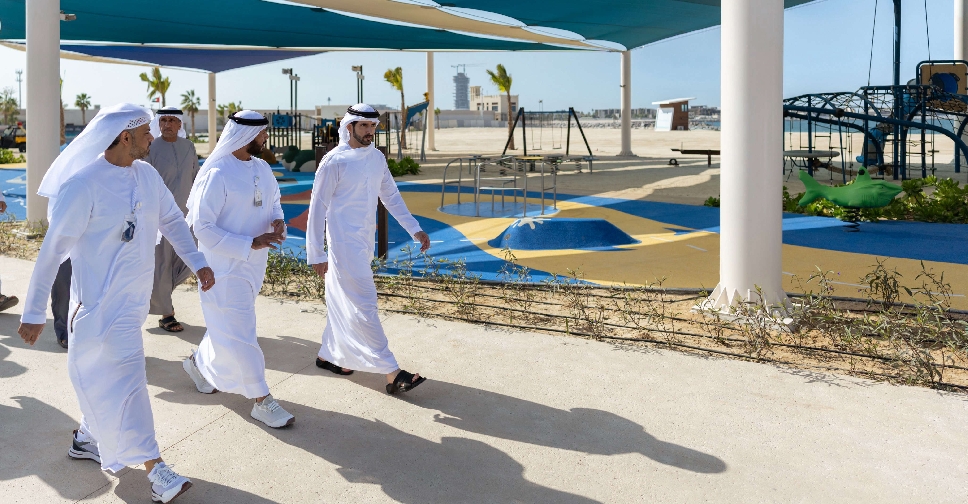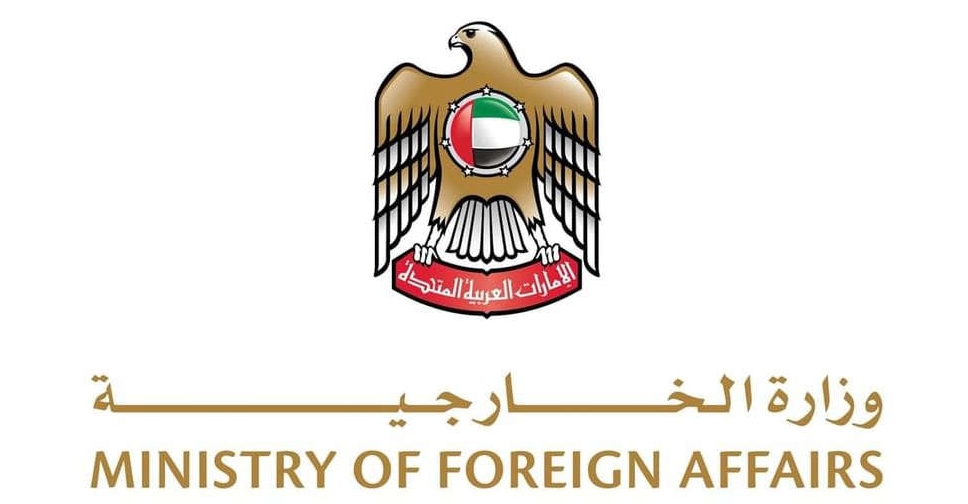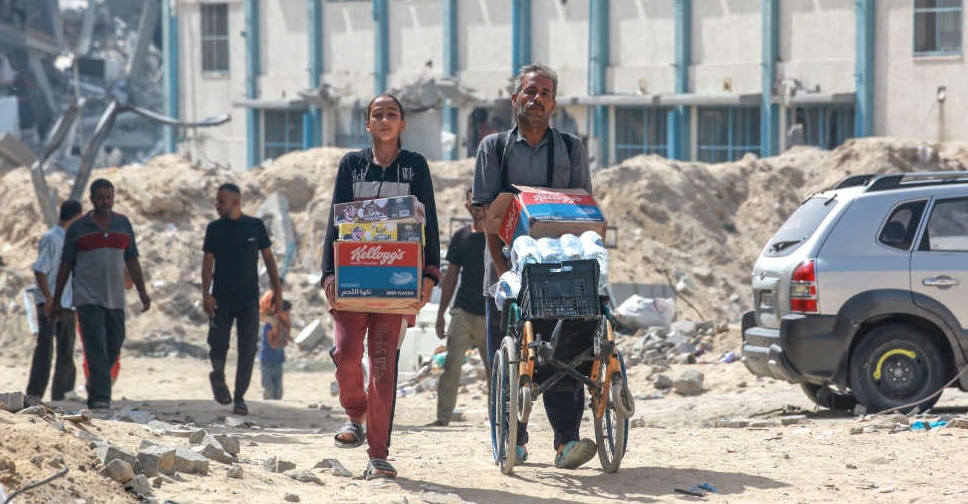
United Nations aid operations in Gaza ground to a halt on Monday after Israel issued new evacuation orders for Deir Al-Balah in the central Gaza Strip, where the U.N. operations center is located, said a senior U.N. official.
The evacuation order came as the U.N. prepares to begin a campaign to vaccinate an estimated 640,000 children in Gaza next Saturday, where the World Health Organization (WHO) said a 10-month-old baby had been paralyzed by the type 2 poliovirus- the first such case in the territory in 25 years.
"We're unable to deliver today with the conditions that we're in," said the senior U.N. official, speaking on condition of anonymity. "As of this morning, we're not operating in Gaza."
The United Nations had relocated its main operations center for the Gaza Strip and most U.N. personnel to Deir Al-Balah, the official said, after Israel ordered the evacuation of Rafah in the south of Gaza several months ago.
"Where do we move now?" said the official, adding that U.N. staff had to be moved so quickly that equipment was left behind.
The Israeli military's humanitarian unit (COGAT) did not immediately respond to a request for comment.
The senior U.N. official said U.N. staff on the ground had been directed to try and find a way to keep operating. He said U.N. operations had not been formally suspended.
"We're not leaving (Gaza) because the people need us there," the official said. "We're trying to balance the need of the population with the need for safety and security of the U.N. personnel."
Sam Rose, a senior field director for the U.N. agency for Palestinian refugees (UNRWA), said UNRWA was still managing to deliver health and other services on Monday, but noted that while UNRWA operated differently to the rest of the U.N. system, it still faced the same challenges.
"We are being squeezed into ever smaller areas of Gaza," he told reporters on Monday. "The humanitarian zone declared by Israel has shrunk. It's now about 11 percent of the entire Gaza Strip. But this isn't 11 percent of land that is fit for habitation, fit for services, fit for life."

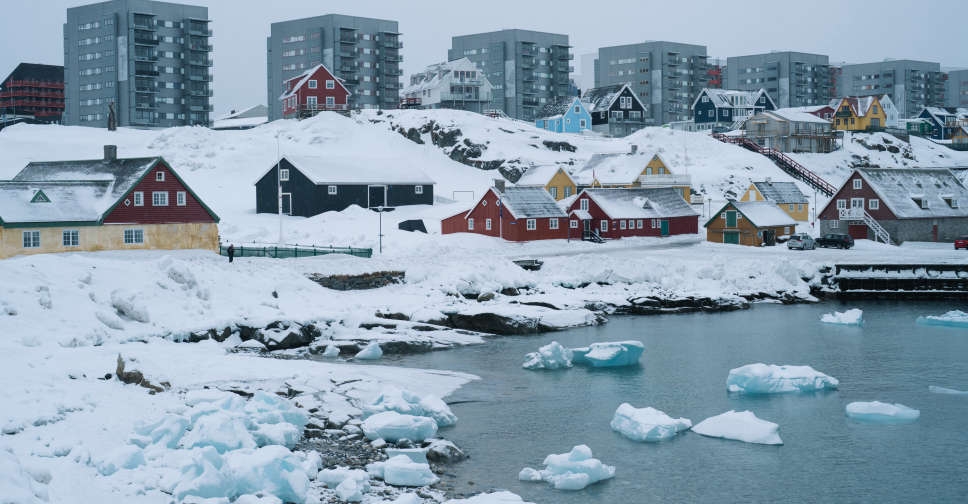 France working with allies on plan should US move on Greenland
France working with allies on plan should US move on Greenland
 South Korea's Lee says he asked Xi to play a mediating role on North Korea
South Korea's Lee says he asked Xi to play a mediating role on North Korea
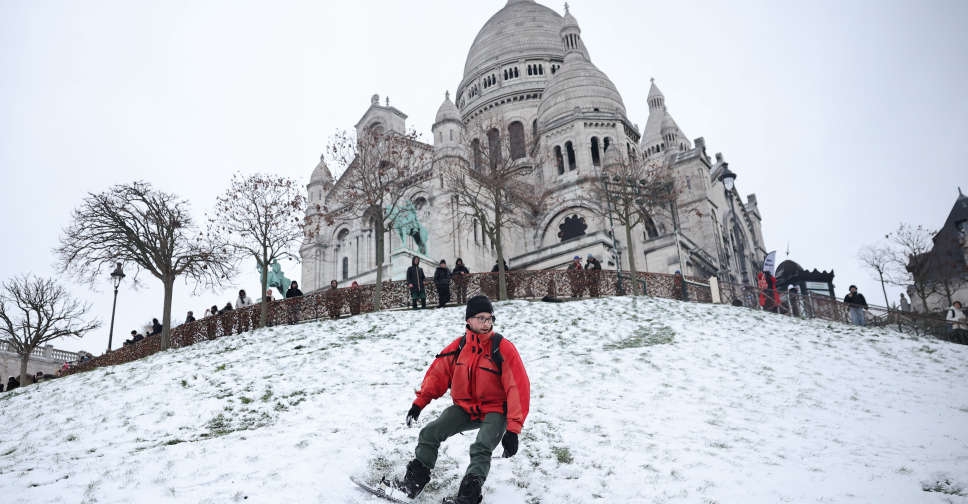 Western Europe braces for another wave of snow and ice
Western Europe braces for another wave of snow and ice
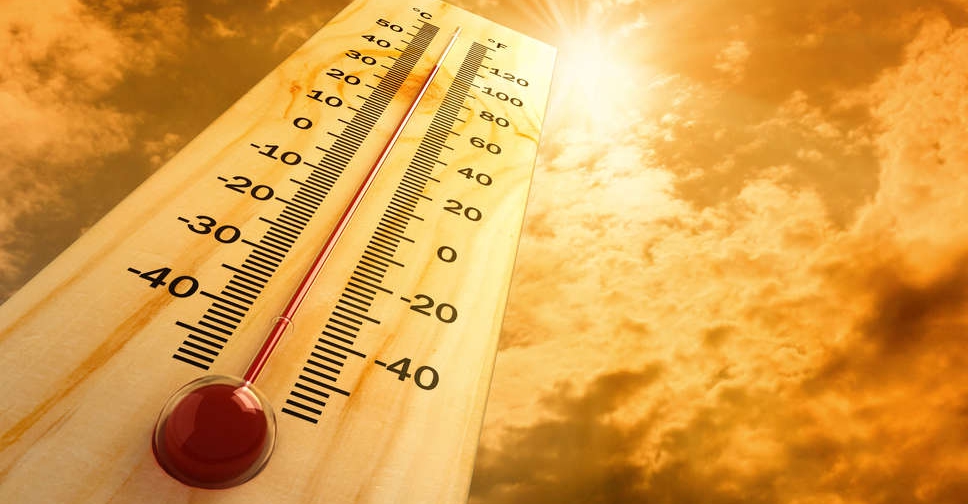 Intense heatwave grips Australia's southern states, fans bushfires
Intense heatwave grips Australia's southern states, fans bushfires
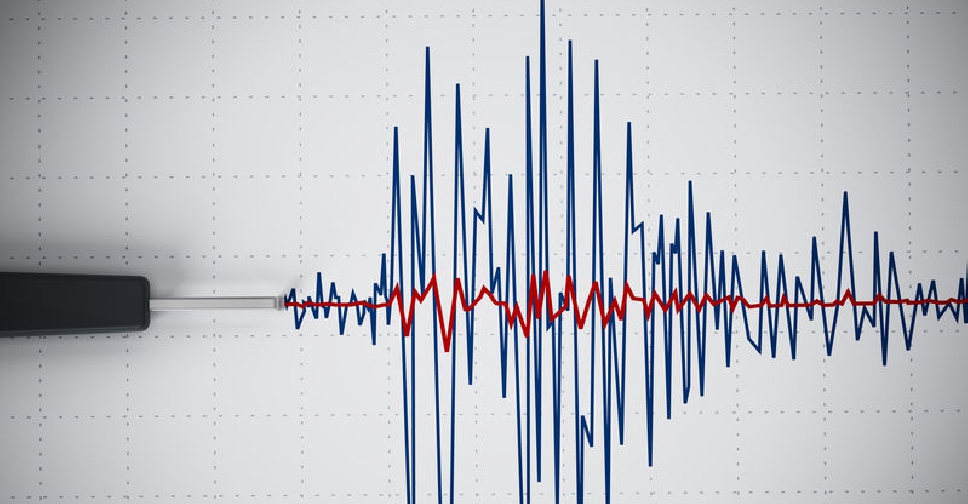 6.7-magnitude earthquake strikes near Baculin, Philippines
6.7-magnitude earthquake strikes near Baculin, Philippines

